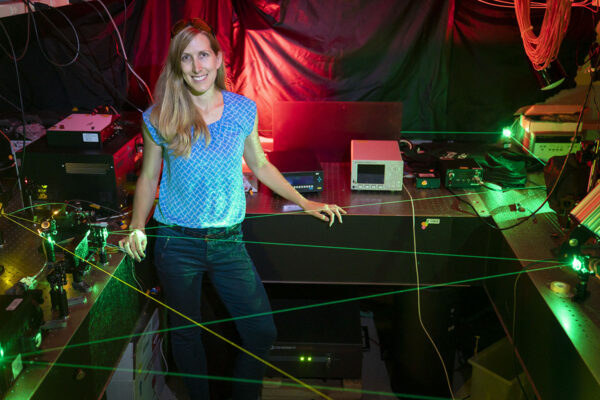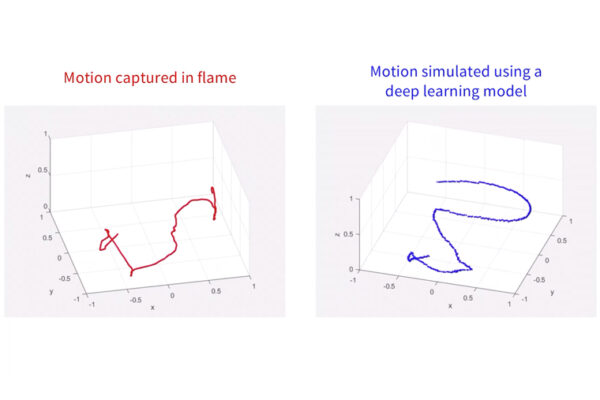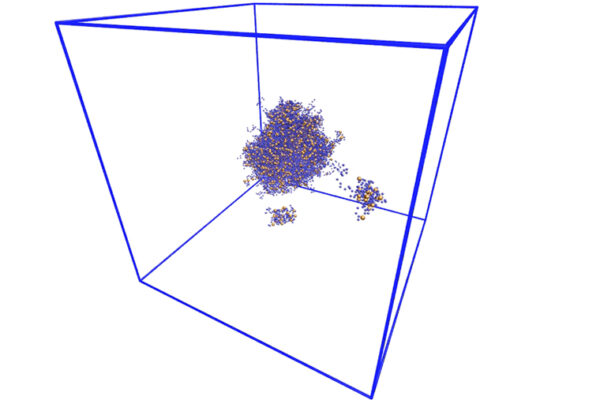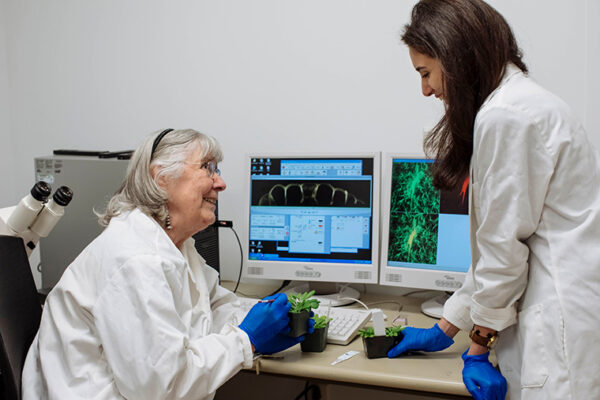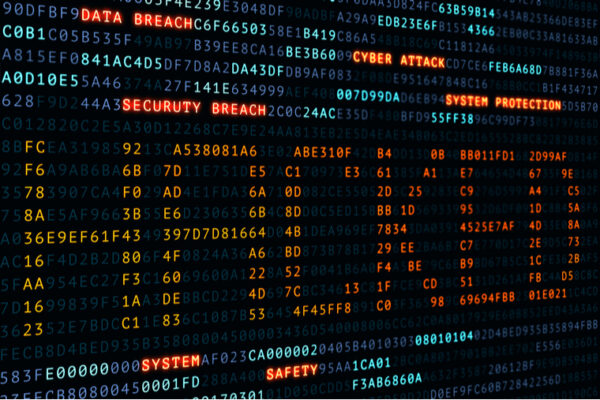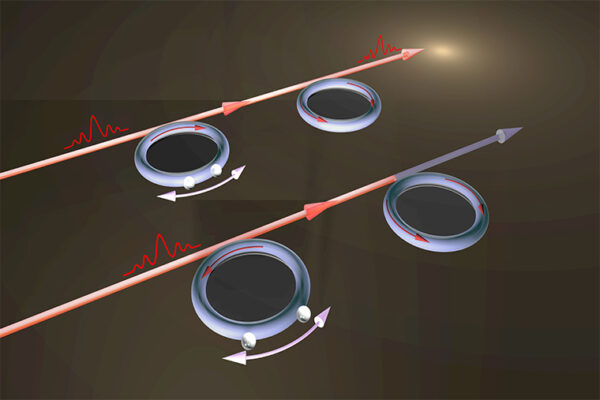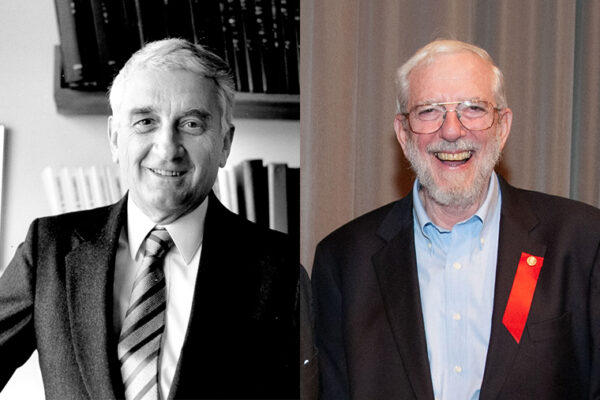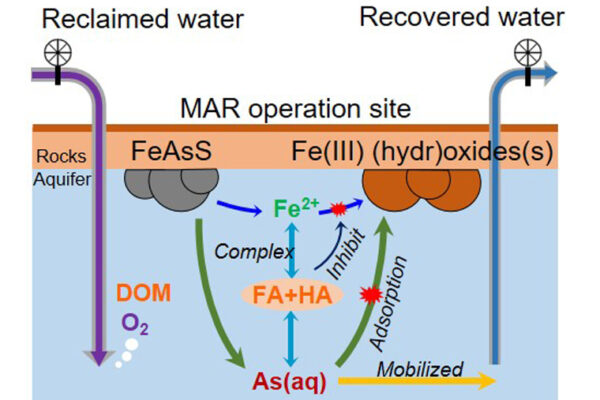Walking the wire: Real-time imaging helps reveal active sites of photocatalysts
Nanoscale photocatalysts are small, man-made particles that harvest energy from sunlight to produce liquid fuels and other useful chemicals. A new imaging solution developed at Washington University in St. Louis reveals the significance of a particular structural feature — clusters of oxygen vacancies — in achieving high photocatalytic activity.
Lighting the molecular world
Directly seeing the workings of our world at nano- and molecular scale has largely remained an impossible task, left to theory and working assumptions. WashU alumna Jennifer Dionne, BS ’03, has made it possible and won one of science’s most prestigious award.
Predicting chaos using aerosols and AI
Using aerosols as ground truth, researchers at the McKelvey School of Engineering at Washington University in St. Louis have developed a deep learning method that accurately simulates chaotic trajectories — from the spread of poisonous gas to the path of foraging animals.
Collaboration lets researchers ‘read’ proteins for new properties
A collaboration between the McKelvey School of Engineering and St. Jude Children’s Research Hospital uncovers the underlying rules that, when broken, contribute to neurodegenerative diseases such as ALS.
Obituary: Barbara G. Pickard, professor emerita in Arts & Sciences, 83
Barbara G. Pickard, professor emerita of biology in Arts & Sciences at Washington University in St. Louis, died Dec. 6, 2019, in St. Louis from complications related to hip surgery. She was 83.
WashU Expert: ‘Every application has its vulnerabilities’
Joe Scherrer, director of the Cybersecurity Strategic Initiative at Washington University and a former cybersecurity innovator with the U.S. Air Force, says the cyberattack on Jeff Bezos is nothing unusual, and these kinds of attacks are becoming more common. But there are things you can do to stay safe.
Keeping lead out of drinking water when switching disinfectants
Researchers at the McKelvey School of Engineering at Washington University in St. Louis found that the hazards of switching disinfectants in water systems — increased lead levels — can be mitigated if the change is done correctly.
Tuning optical resonators gives researchers control over transparency
Using a nanoparticle as a “tuning device,” researchers at the McKelvey School of Engineering have devised a way to control electromagnetically induced transparency — a feature of light which allows it to pass through opaque media.
Celebrating the newest National Academy of Inventors fellows
Washington University’s Jerome Cox and Jack H. Ladenson join a small but distinguished group of fellows of the National Academy of Inventors, the highest professional distinction accorded solely to academic inventors.
Toward a smarter way of recharging the aquifer
Researchers from Washington University in St. Louis have solved a mystery: How did arsenic show up in aquifer water that had been triple purified? Dissolved organic compounds.
View More Stories

